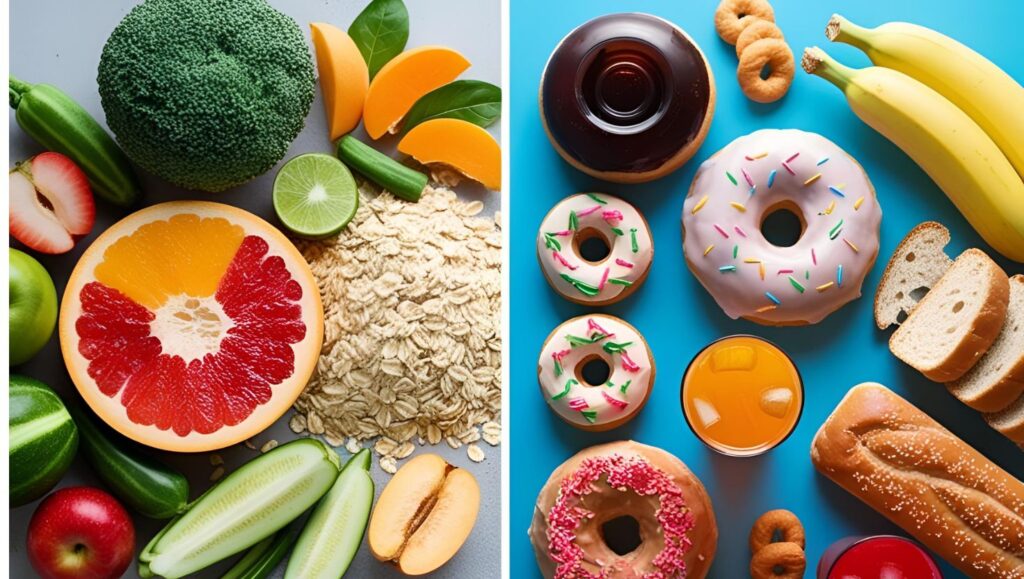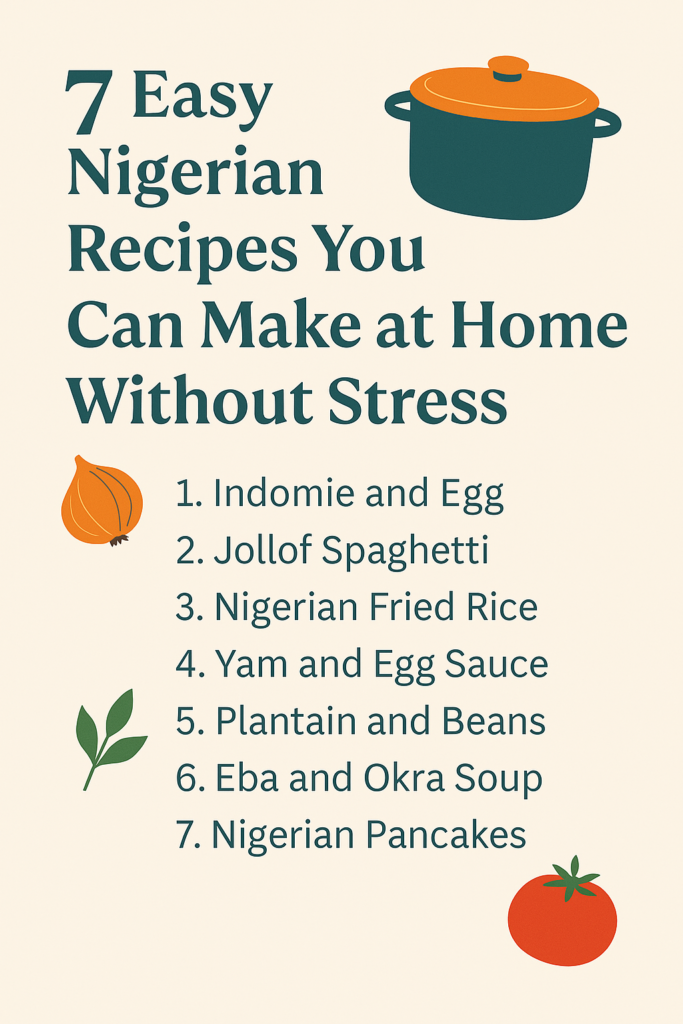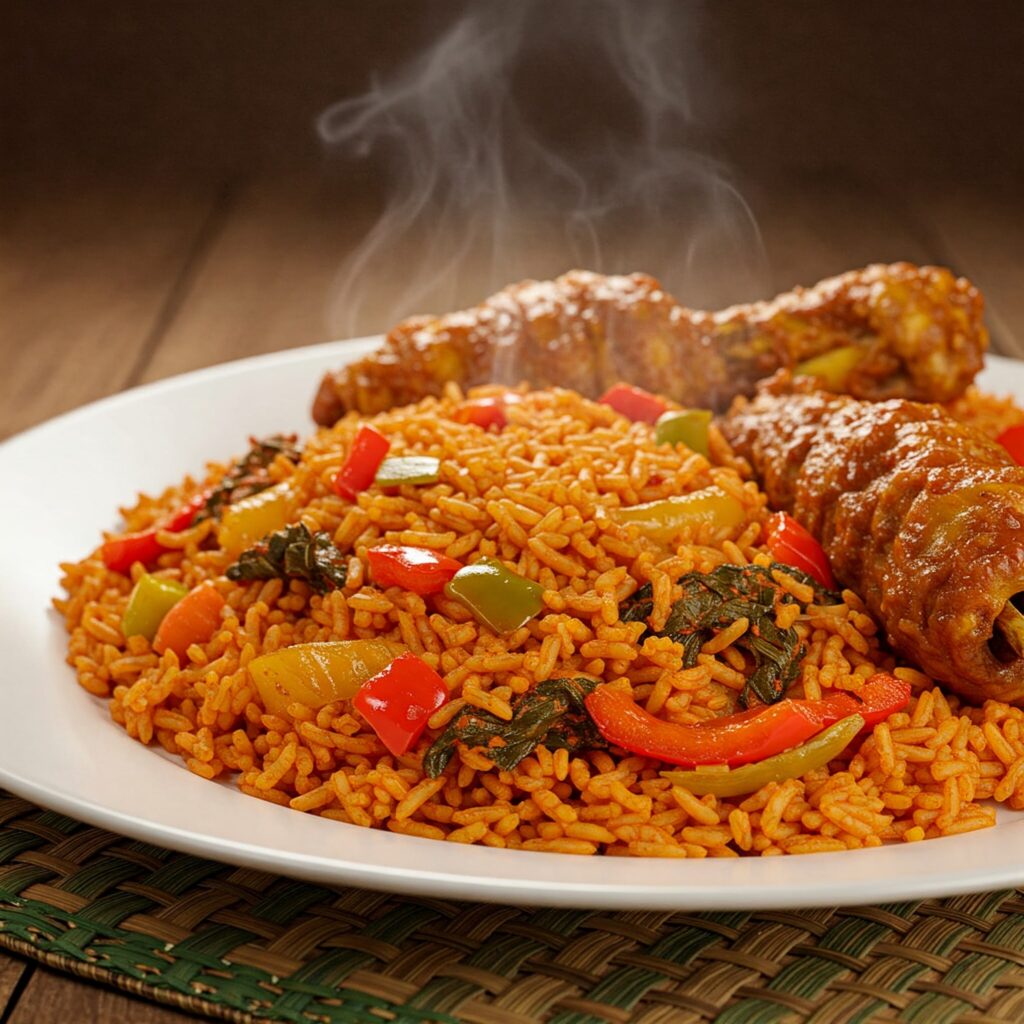
You’ve probably heard it before: “Carbs make you fat.” But that’s not the whole truth.
Carbohydrates are actually your body’s preferred source of energy. The problem isn’t carbs themselves—it’s the type you eat. Understanding the difference between good vs. bad carbohydrates is the key to better energy, improved digestion, and a healthier lifestyle.
Need a refresher? What Is a Balanced Diet? A Simple Guide for Beginners breaks it down in plain terms.
What Are Carbohydrates, Exactly?
Carbs are one of the three main macronutrients (along with protein and fat). When you eat them, your body breaks them down into glucose to use for energy.
There are two types:
-
Simple Carbohydrates: Quick-digesting sugars that spike blood sugar
-
Complex Carbohydrates: Slow-digesting, fiber-rich carbs that keep you full and balanced
Good Carbohydrates (a.k.a. Complex Carbs)
Good carbs come from natural, whole foods. They’re loaded with fiber, vitamins, minerals, and phytonutrients—and they don’t cause massive blood sugar spikes.
Examples of Good Carbs:
-
Vegetables (spinach, broccoli, carrots)
-
Whole fruits (berries, apples, oranges)
-
Legumes (lentils, black beans, chickpeas)
-
Whole grains (quinoa, brown rice, oats)
-
Nuts and seeds (chia, flax, pumpkin)
Benefits:
-
Support digestion
-
Boost immune health
-
Provide steady energy
-
Reduce risk of chronic disease
Top 10 Nutrient-Dense Foods You Should Eat Daily includes many of these good carbs!
Bad Carbohydrates (a.k.a. Refined or Simple Carbs)
Bad carbs have been processed and stripped of fiber and nutrients. They digest quickly and spike your blood sugar, leading to crashes, cravings, and inflammation.
Examples of Bad Carbs:
-
White bread, white rice, white pasta
-
Sugary cereals
-
Pastries and cakes
-
Soda and sugary drinks
-
Chips and processed snack foods
Long-Term Risks:
-
Weight gain and insulin resistance
-
Increased inflammation
-
Higher risk of type 2 diabetes
-
Blood sugar crashes and mood swings
Harvard T.H. Chan School of Public Health explains how refined carbs affect your health in more depth.
Good vs. Bad Carbs: Quick Comparison
| Criteria | Good Carbs | Bad Carbs |
|---|---|---|
| Fiber Content | High | Low or none |
| Nutrients | Rich in vitamins and minerals | Nutrient-poor |
| Blood Sugar | Stabilizes | Spikes |
| Satiety | Keeps you full longer | Causes hunger quickly |
| Source | Whole, natural foods | Processed, refined products |
How to Choose Better Carbs Daily
🥣 1. Swap Refined for Whole
Choose brown rice over white, oats over sugary cereal, and whole fruit over juice.
🥕 2. Load Up on Veggies
Vegetables are carbs too—some of the best! Add them to every meal.
🍌 3. Don’t Fear Fruit
Whole fruits provide fiber and nutrients. Just avoid canned or syrup-soaked versions.
🧾 4. Read Food Labels
Avoid anything with added sugars or more than 3–4 ingredients you can’t pronounce.
📖 How to Read Nutrition Labels (and What to Ignore) can help you make smarter shopping choices.
💬 Final Thoughts: It’s Time to Rethink Carbs
Carbs aren’t evil. Your body needs them. It’s not about cutting out carbs—it’s about cutting out the right ones.
Choose more whole, nutrient-rich foods, and ditch the processed, sugary stuff. You’ll feel the difference in your energy, mood, and overall health.
✅ For more practical food advice, visit our Food & Nutrition Blog.
Discover more from Blessing Nnenna Blog
Subscribe to get the latest posts sent to your email.


